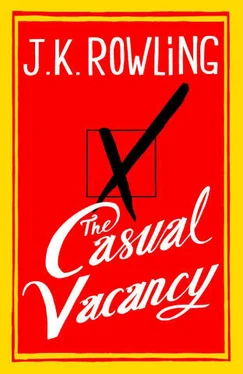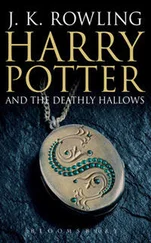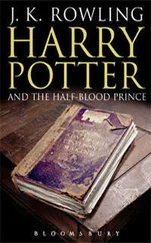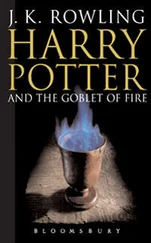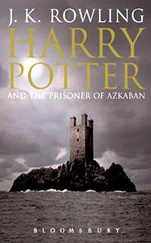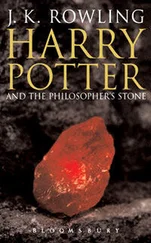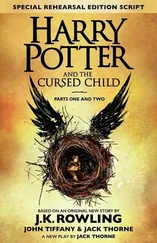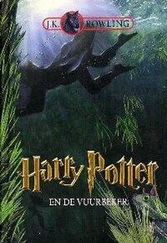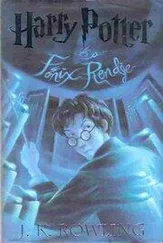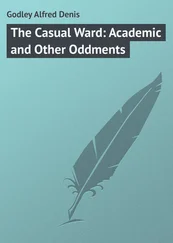Fats and Andrew were perhaps equally aware that the admiration in their relationship flowed mostly from Andrew to Fats; but Fats alone suspected that he needed Andrew more than Andrew needed him. Lately, Fats had started to regard this dependency in the light of a weakness, but he reasoned that, while his liking for Andrew’s company lingered, he might as well miss a double period where he had to do without it anyway.
Fats had been told by a reliable informant that the one fail-safe way of quitting the Winterdown grounds without being spotted from a window was to climb over the side wall by the bike shed. This, therefore, he did, dropping down by his fingertips into the narrow lane on the other side. He landed without mishap, strode off along the narrow path and turned left, onto the busy dirty main road.
Safely on his way, he lit a cigarette and proceeded past the run-down little shops. Five blocks along, Fats turned left again, into the first of the streets that made up the Fields. He loosened his school tie with one hand as he walked, but did not remove it. He did not care that he was, conspicuously, a schoolboy. Fats had never even attempted to customize his uniform in any way; to pin badges on his lapels or adjust his tie knot to suit fashion; he wore his school clothes with the disdain of a convict.
He had decided that he possessed traits that were authentic, which ought therefore to be encouraged and cultivated; but also that some of his habits of thought were the unnatural product of his unfortunate upbringing, and consequently inauthentic and to be purged. Lately, he had been experimenting with acting on what he thought were his authentic impulses, and ignoring or suppressing the guilt and fear (inauthentic) that such actions seemed to engender. Undoubtedly, this was becoming easier with practice. He wanted to toughen up inside, to become invulnerable, to be free of the fear of consequences: to rid himself of spurious notions of goodness and badness.
One of the things that had begun to irritate him about his own dependence on Andrew was that the latter’s presence sometimes curbed and limited the full expression of Fats’ authentic self. Somewhere in Andrew was a self-drawn map of what constituted fair play, and lately Fats had caught looks of displeasure, confusion and disappointment poorly disguised on his old friend’s face. Andrew pulled up short at extremes of baiting and derision. Fats did not hold this against Andrew; it would have been inauthentic for Andrew to join in, unless that was what he really, truly wanted. The trouble was that Andrew was displaying an attachment to the kind of morality against which Fats was waging an increasingly determined war. Fats suspected that the right thing to do, the correctly unsentimental act in pursuit of full authenticity, would have been to cut Andrew adrift; and yet he still preferred Andrew’s company to anybody else’s.
Fats was convinced that he knew himself particularly well; he explored the nooks and crevices of his own psyche with an attention he had recently ceased to give to anything else. He spent hours interrogating himself about his own impulses, desires and fears, attempting to discriminate between those that were truly his and those that he had been taught to feel. He examined his own attachments (nobody else he knew, he was sure, was ever this honest with themselves; they drifted, half asleep, through life): and his conclusion had been that Andrew, whom he had known since he was five, was the person for whom he felt the most straightforward affection; that, even though he was now old enough to see through her, he retained an attachment to his mother that was not his own fault; and that he actively despised Cubby, who represented the acme and pinnacle of inauthenticity.
On the Facebook page that Fats curated with a care he devoted to almost nothing else, he had highlighted a quotation he had found on his parents’ bookshelves:
I do not want believers, I think I am too malicious to believe in myself… I have a terrible fear I shall one day be pronounced holy… I do not want to be a saint, rather even a buffoon… perhaps I am a buffoon…
Andrew liked it very much, and Fats liked how impressed he was.
In the time it took him to pass the bookmaker’s – mere seconds – Fats’ thoughts lit on his father’s dead friend, Barry Fairbrother. Three long loping strides past the racehorses printed on posters behind the grubby glass, and Fats saw Barry’s joking, bearded face, and heard Cubby’s booming excuse of a laugh, which had often rung out almost before Barry had made one of his feeble jokes, in the mere excitement of his presence. Fats did not wish to examine these memories any further; he did not interrogate himself on the reasons for his instinctive inner flinch; he did not ask himself whether the dead man had been authentic or inauthentic; he dismissed the idea of Barry Fairbrother, and his father’s ludicrous distress, and pressed on.
Fats was curiously joyless these days, even though he made everybody else laugh as much as ever. His quest to rid himself of restrictive morality was an attempt to regain something he was sure had been stifled in him, something that he had lost as he had left childhood. What Fats wanted to recover was a kind of innocence, and the route he had chosen back to it was through all the things that were supposed to be bad for you, but which, paradoxically, seemed to Fats to be the one true way to authenticity; to a kind of purity. It was curious how often everything was back to front, the inverse of what they told you; Fats was starting to think that if you flipped every bit of received wisdom on its head you would have the truth. He wanted to journey through dark labyrinths and wrestle with the strangeness that lurked within; he wanted to crack open piety and expose hypocrisy; he wanted to break taboos and squeeze wisdom from their bloody hearts; he wanted to achieve a state of amoral grace, and be baptized backwards into ignorance and simplicity.
And so he decided to break one of the few school rules he had not yet contravened, and walked away, into the Fields. It was not merely that the crude pulse of reality seemed nearer here than in any other place he knew; he also had a vague hope of stumbling across certain notorious people about whom he was curious, and, though he barely acknowledged it to himself, because it was one of the few yearnings for which he did not have words, he sought an open door, and a dawning recognition, and a welcome to a home he did not know he had.
Moving past the putty-coloured houses on foot, rather than in his mother’s car, he noticed that many of them were free of graffiti and debris, and that some imitated (as he saw it) the gentility of Pagford, with net curtains and ornaments on the windowsills. These details were less readily apparent from a moving vehicle, where Fats’ eye was irresistibly drawn from boarded window to debris-strewn lawn. The neater houses held no interest for Fats. What drew him on were the places where chaos or lawlessness was in evidence, even if only of the puerile spray-canned variety.
Somewhere near here (he did not know exactly where) lived Dane Tully. Tully’s family was infamous. His two older brothers and his father spent a lot of time in prison. There was a rumour that the last time Dane had had a fight (with a nineteen-year-old, so the story went, from the Cantermill Estate), his father had escorted him to the rendezvous, and had stayed to fight Dane’s opponent’s older brothers. Tully had turned up at school with his face cut, his lip swollen and his eye blacked. Everyone agreed that he had put in one of his infrequent appearances simply to show off his injuries.
Fats was quite sure that he would have played it differently. To care what anyone else thought of your smashed face was inauthentic. Fats would have liked to fight, and then to go about his normal life, and if anyone knew it would be because they had glimpsed him by chance.
Читать дальше
